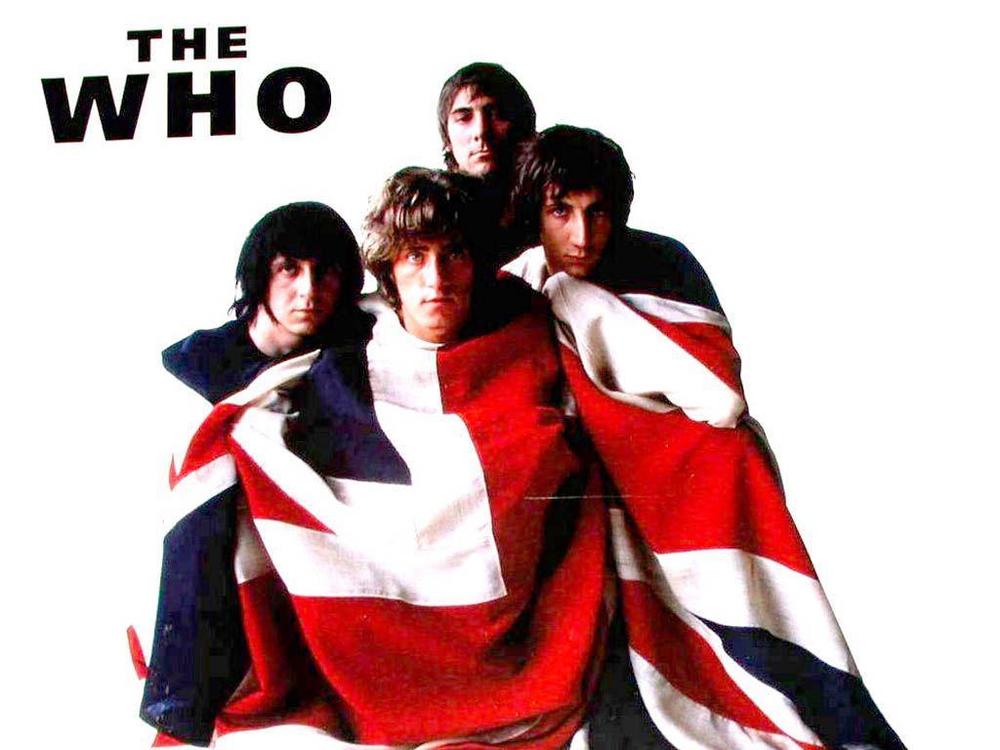December 3, 1979, was a Monday. I was in my second quarter of my first year of teaching at Bishop Watterson High School. I taught Western literature to juniors and American literature to sophomores.
I had an additional duty of supervising a bunch of kids in the Little Theatre there for a lunchtime study hall. At this duty I was terrible and sometime during the first quarter I was relieved of that assignment by the baseball coach, Ralph Schmelmer. In its place I had to stand in the boys’ restroom in order to prevent students from smoking. ‘nuf said about that.
Aside from my lunch time duty I was enjoying my classes. I was only 22 when I started. My students were not much younger than I was. The parents, who were my parents age, were intimidating.
I remember the very first test I gave. It was in my Western lit. class. It was an essay test concerning Dante’s Inferno from which we had read some selections. I was incredibly nervous. What if they didn’t learn anything? Luckily, most of them did. From that point on I always gave essay tests in English. I wanted to know what they knew rather than what they didn’t.
By December I was getting into the swing of things. I had helped to direct the fall drama, Agatha Christie’s The Mousetrap with one of my best friends and fellow English teacher, Kevin Smith. I was making $6,050 dollars a year (fifty bucks for both the fall play and spring musical). I was single, living in a German Village apartment for 15 bucks a week and driving a 1978 CJ 5 Jeep. I worked nights and weekends at Deibels.
On December 3, there was a discussion on one of my junior English classes about a concert some of them were attending that night in Cincinnati. The Who with Roger Daltry and Peter Townsend were in their prime back then so the students were excited. As a 22-year-old young teacher I had no qualms about a bunch of young students telling me that they were driving two hours on a school night to a rock concert.
That night, sitting in my apartment I was watching the evening news. The Who Concert was the lead story that night, both locally and nationally. People had lost their lives when there was a mass stampede of fans rushing the doors to the Coliseum to get good seats. The seats were first-come first-served. Festival seating.
There were 11 deaths that night and many more were injured. Although the facts were sketchy in that first news cast in the days before the internet, it was clear that the situation was both deadly and horrible.
I immediately thought of my students. Were they okay? Were any of them killed or hurt? Of course, I had no way of knowing. It was a sleepless night.
Fortunately, the students were back in class that next day. They had not been involved in the melee. It seems that most people who had already been seated that night knew nothing about what had happened outside. Even the band was completely unaware until after the concert was over.
That sleepless night of not knowing about the safety of my students was replicated to a greater degree when I became a parent and then a grandparent. While my attachment to my offspring is much deeper, when you work in education you really do develop strong feelings of responsibility for the young people with whom you work. And just like my own grown children, the students whom I have taught and “principaled” over the years have grown up. I am always relieved to hear success stories and saddened by those whose lives were a struggle. Some sadly have passed away. Your kids are always your kids no matter their age. Likewise, your students are always your students!
Jim Silcott

